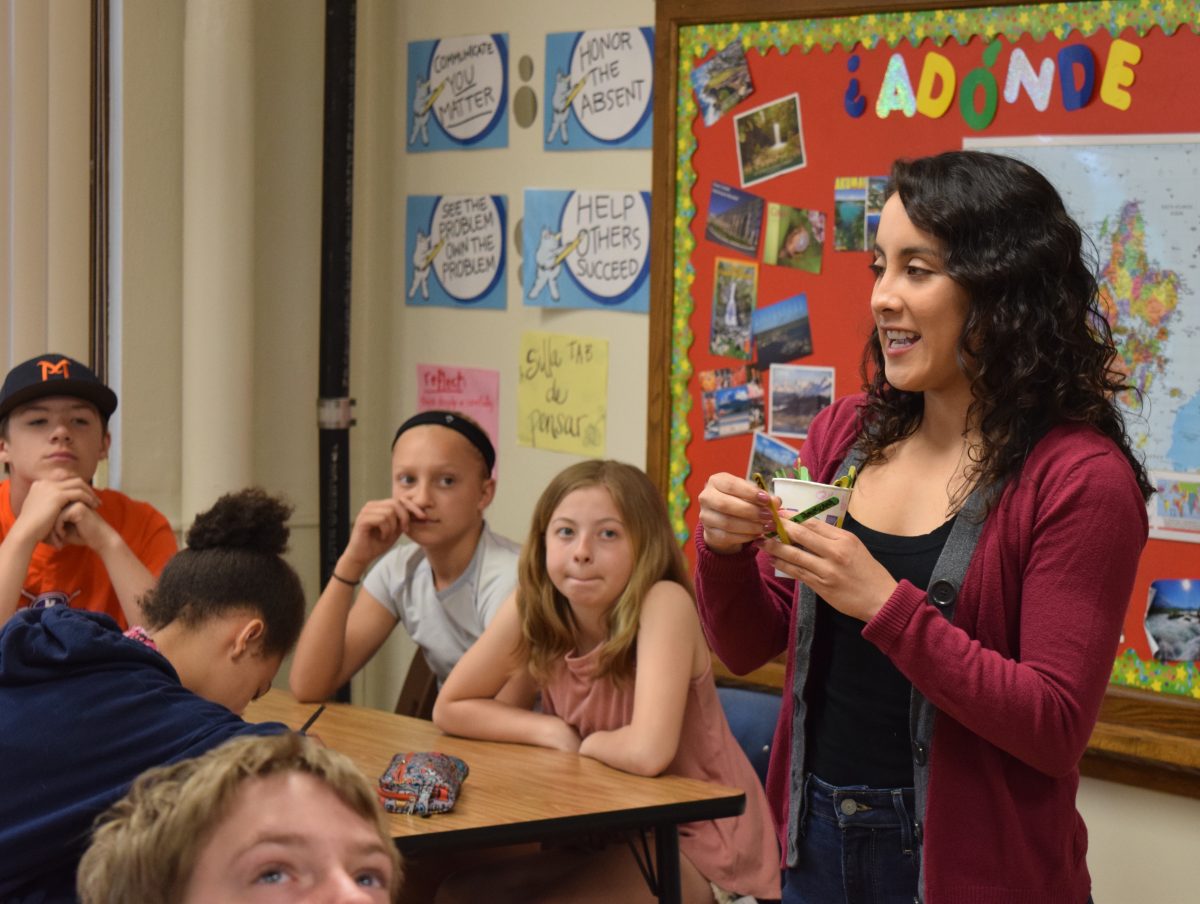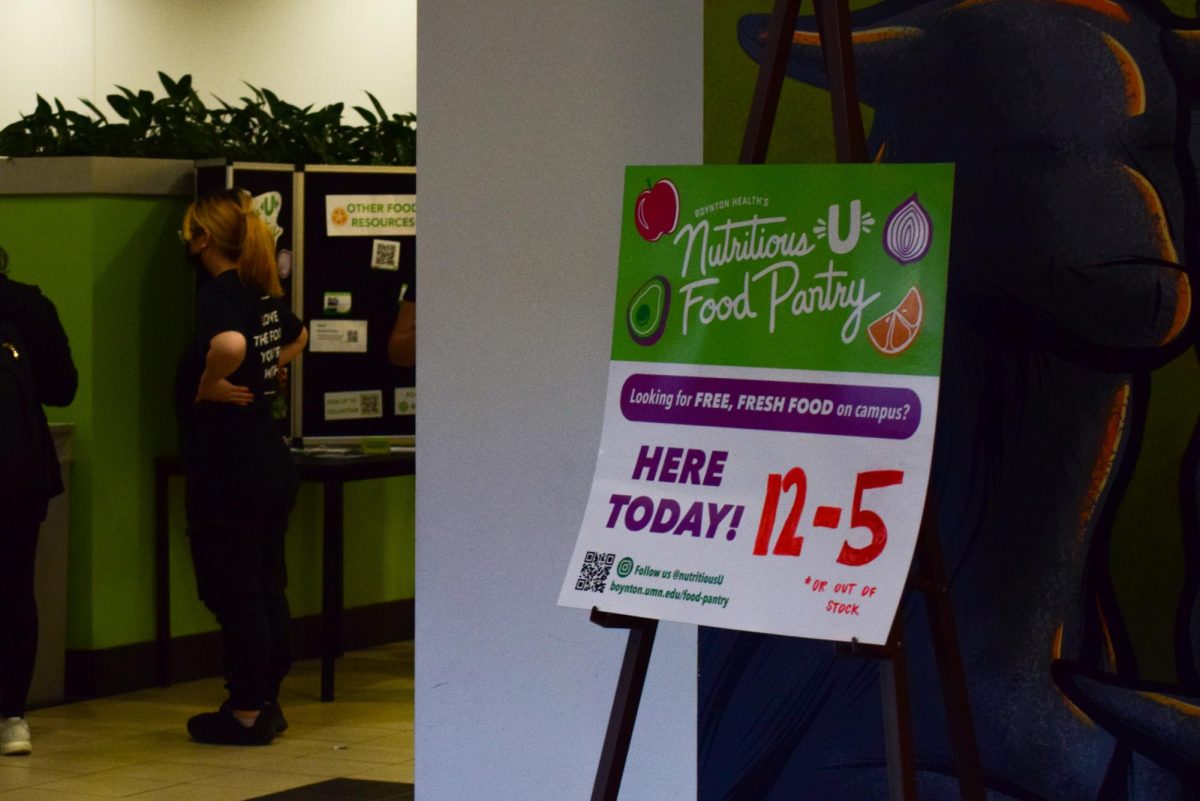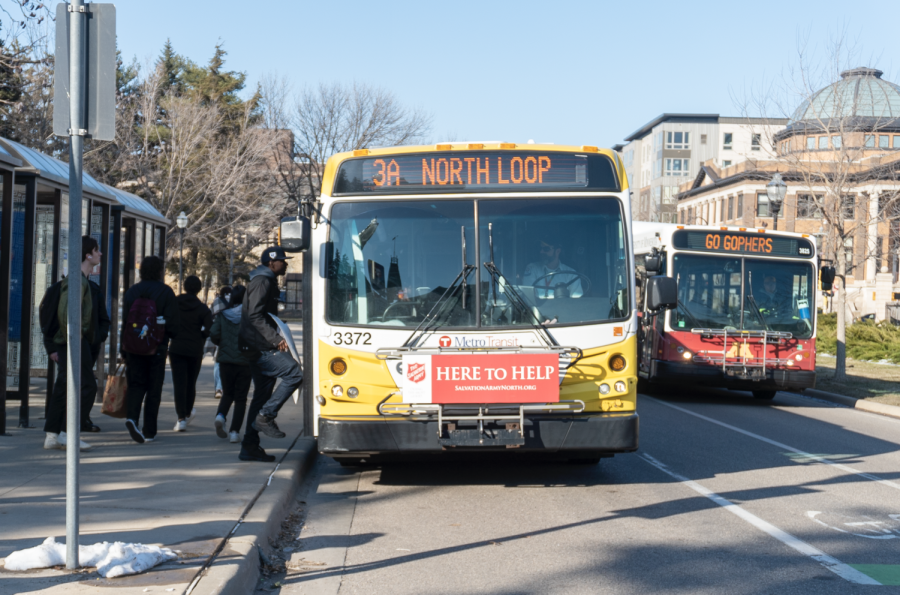Reporters from the podcast “In the Dark” discussed racial bias in the judicial system during a well-attended University of Minnesota event on Wednesday.
The second season of “In the Dark,” a podcast produced by the organization APM Reports, investigated the case of Curtis Flowers, a black man from Winona, Mississippi who was tried six times for the same crime of murdering four people at a furniture store. The United States Supreme Court held oral arguments for the case last week, discussing constitutional violations as they relate to racial bias in jury selection, which was highlighted in the podcast.
“Curtis has always been tried by all-white or mostly white juries,” said Samara Freemark, one of the lead journalists on the podcast, at the event.
District Attorney Doug Evans has struck most of the black people from juries for Flowers’ trials, Freemark said. Striking people from the jury means removing potential jurors from the jury pool who cannot be impartial. It is unconstitutional to strike people from a jury solely based on race.
“The fact in this case was that Doug Evans and his office were striking black people from juries at four-and-a half times the rate they were striking white people. That is something that wasn’t known before,” said Madeleine Baran, the other lead journalist on the project. “It took a long time to figure it out.”
As investigative reporters, the team wasn’t looking for a fun or quirky story to report on, Baran said. They were looking for a story that was important.
“The obvious question is, ‘How in the world do you get tried six times for the same crime? What could possibly be going on in that case?’” Baran said.
University history professor Malinda Lindquist also sat on the panel with Baran and Freemark. She said it is now the public’s job to interrogate the criminal justice system. Lindquist also reminded the audience that these systemic racial issues are not just a Southern problem.
“That type of discretion doesn’t just exist in Winona, it really exists throughout the nation,” Lindquist said. She said that the system in Minnesota is still very racialized.
“These are systemic issues. There are literally hundreds of thousands of Curtis Flowers,” said Lindquist.
Baran said she saw a bigger story in Curtis’ case beyond the crime and the trials, the story of the district attorney’s unchecked power.
“It just seems so crazy that it would be possible to try somebody 20 times, 30 times. And every time, there’s nothing in the system to stop this,” Baran said. “It shows the reason we got interested in this story to begin with: There’s no check on the power of the prosecutor.”
An interactive audience filled most of the Humphrey School of Public Affairs’ Cowles Auditorium, which can seat up to 250 people.
Audience members included students and faculty from the Hubbard School of Journalism and Mass Communication, but also people who work in advocacy, law and nonprofits.
Audience member Alex Swenson, a paralegal at the Ramsey County Public Defender’s office, said he has passion for justice.
“Hearing about this case was just something we deal with day-in, day-out,” Swenson said. “It was a very maddening podcast to listen to, but it was something we’re all too familiar with.”
Gina Evans, vice president of the Second Chance Coalition, an advocacy group for people and families who have been involved in the criminal justice system, came to the event to be a part of the conversation.
“It just makes me want to fight harder,” Evans said. “We marginalize people who are already marginalized — our system does.”
The podcast has also impacted audience member Donna Minter, the executive director and founder of the Minnesota Peacebuilding Leadership Institute.
“They inspire me to do my work in a more robust and daring manner,” Minter said. “It empowers me to keep doing the work that I’m doing.”
While the team is still deciding on a story for the third season of “In the Dark,” the second season has given their audience plenty to think about.
“What I would hope is that the podcast leads people to ask questions about what’s going on in the criminal justice system,” Baran said.
















